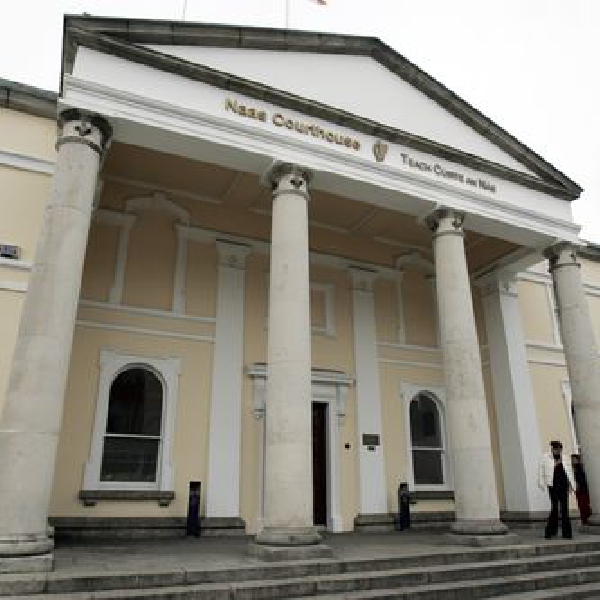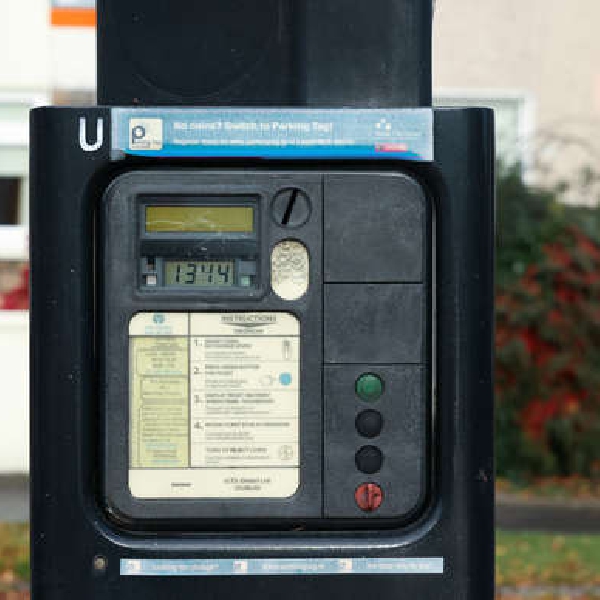
The law is designed to prevent employers from using tips or gratuities to make up basic wages.
The Government is expected to make changes to new tipping legislation, which will effectively ban so-called 'service charges' on bills unless the money goes straight to staff.
The new law, the Payment of Wages Bill, is currently making its way through the Oireachtas.
It is designed to prevent employers from using tips or gratuities to make up basic wages, and to introduce transparency about how tips and service charges are distributed.
It will ban employers from describing a mandatory charge applied to customers as a 'service charge' or similar term unless those payments are treated by the employer in the same way as electronic tips or gratuities.
Trade union Unite, which has campaigned to stop the practice of ‘tip theft’ in the hospitality sector, has welcomed the Government’s decision.
Unite Regional Coordinating Officer Tom Fitzgerald commented: "This is the result of determined work by activists and workers in the sector, and by many others, not just in the trade union movement but also in political parties, academia and the media, who exposed the blatant injustice of tip theft and campaigned to put an end to it.
“Today’s news will be welcomed by workers throughout the hospitality sector, as well as by the decent employers in the sector who already do the right thing and have to compete with operators who engage in tip theft and other abusive practices.
“However, it is now up to all of us in the trade union movement to keep the pressure on Government and ensure that this step marks the beginning rather than the end of a new era in workers’ rights in Ireland.
“The reason that tips are so important to workers in the hospitality sector is that they are the lowest-paid workers in the Irish economy.
“Rather than hospitality workers depending on tips to survive, we need to ensure that all workers are paid a decent wage.
"And the best way to raise wages throughout the economy is to provide for a statutory right to collective bargaining," he added.



 80 Drug-Driving Cases Before Naas Court So Far This Year Amid Calls For Tougher Penalties
80 Drug-Driving Cases Before Naas Court So Far This Year Amid Calls For Tougher Penalties
 Electricity Bills To Increase Next Year As Households To Shoulder Majority Of Power Grid Overhaul
Electricity Bills To Increase Next Year As Households To Shoulder Majority Of Power Grid Overhaul
 Bus Éireann Confirms January Expressway Fare Increase, Cites Insurance And Fuel Costs
Bus Éireann Confirms January Expressway Fare Increase, Cites Insurance And Fuel Costs
 NTA Plans 24-Hour Bus Linking Newbridge, Naas And Dublin City Centre
NTA Plans 24-Hour Bus Linking Newbridge, Naas And Dublin City Centre
 Visiting Only Allowed For Critical Or Compassionate Reasons At Naas Hospital Amid Surge In Flu Cases
Visiting Only Allowed For Critical Or Compassionate Reasons At Naas Hospital Amid Surge In Flu Cases
 Turn2Me Reminds Locals Feeling Down Over Christmas Period To Avail Of Supports Available
Turn2Me Reminds Locals Feeling Down Over Christmas Period To Avail Of Supports Available
 Four Naas Car Parks Go Free For Christmas - But Illegal Parking Still Enforced, Says Council
Four Naas Car Parks Go Free For Christmas - But Illegal Parking Still Enforced, Says Council
 Up to €400,000 Spent, Answers Yet To Be Published: Fianna Fáil TDs Demand Aras Bid Campaign Review
Up to €400,000 Spent, Answers Yet To Be Published: Fianna Fáil TDs Demand Aras Bid Campaign Review



